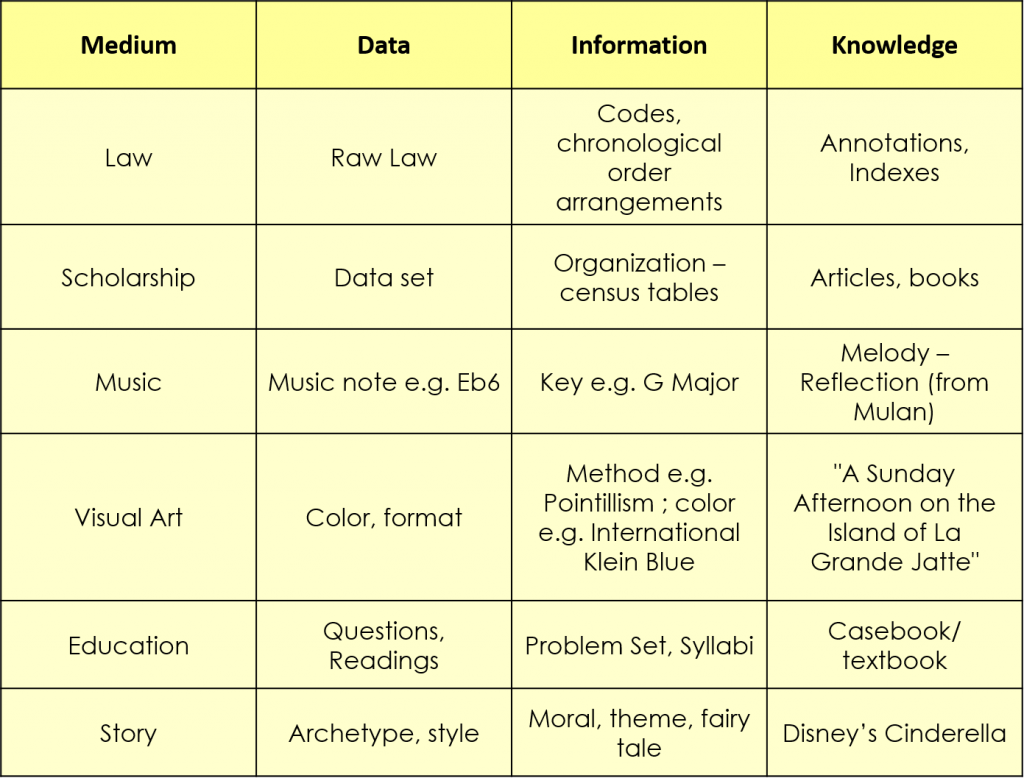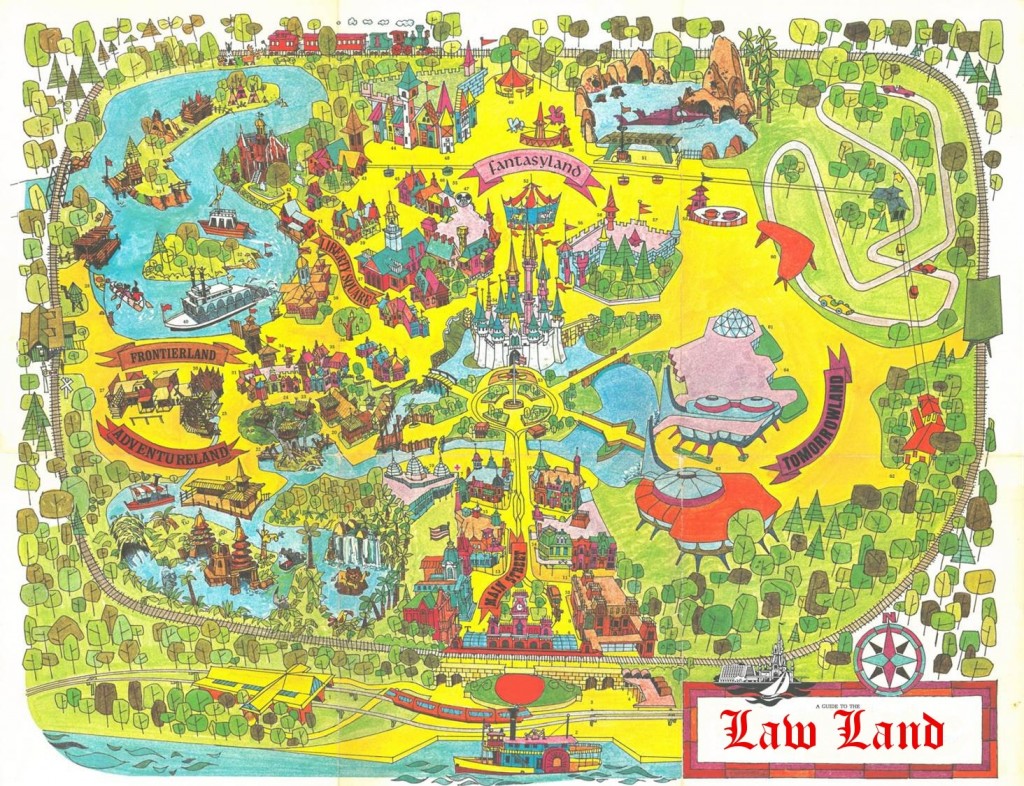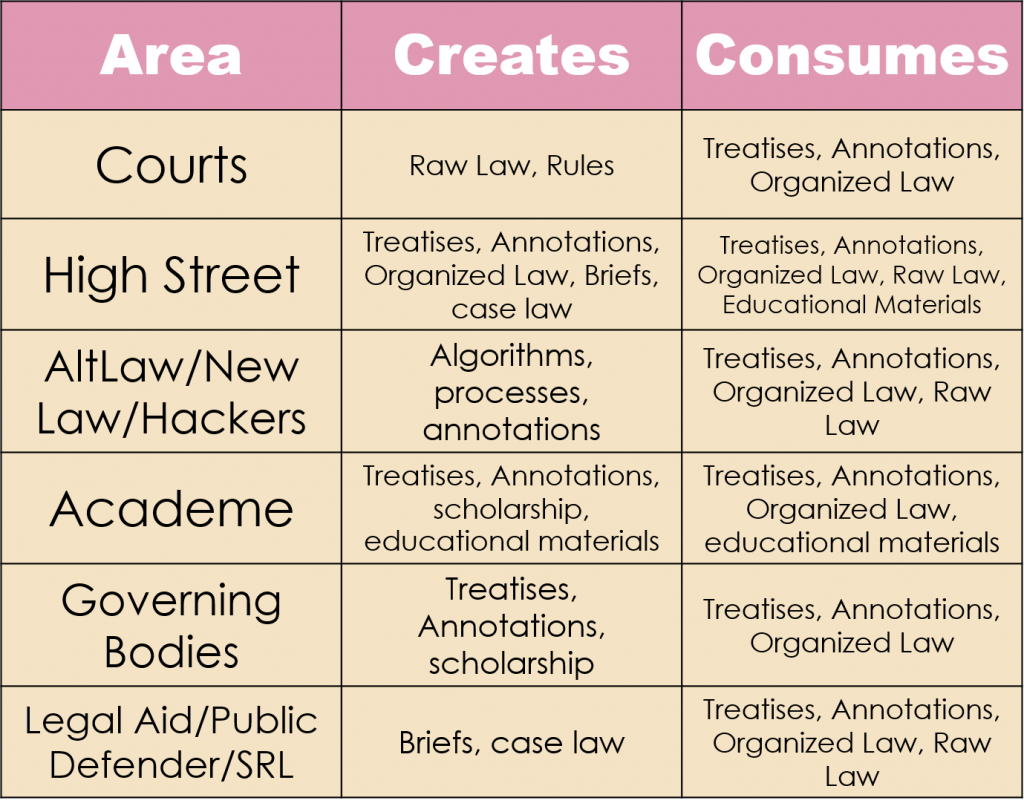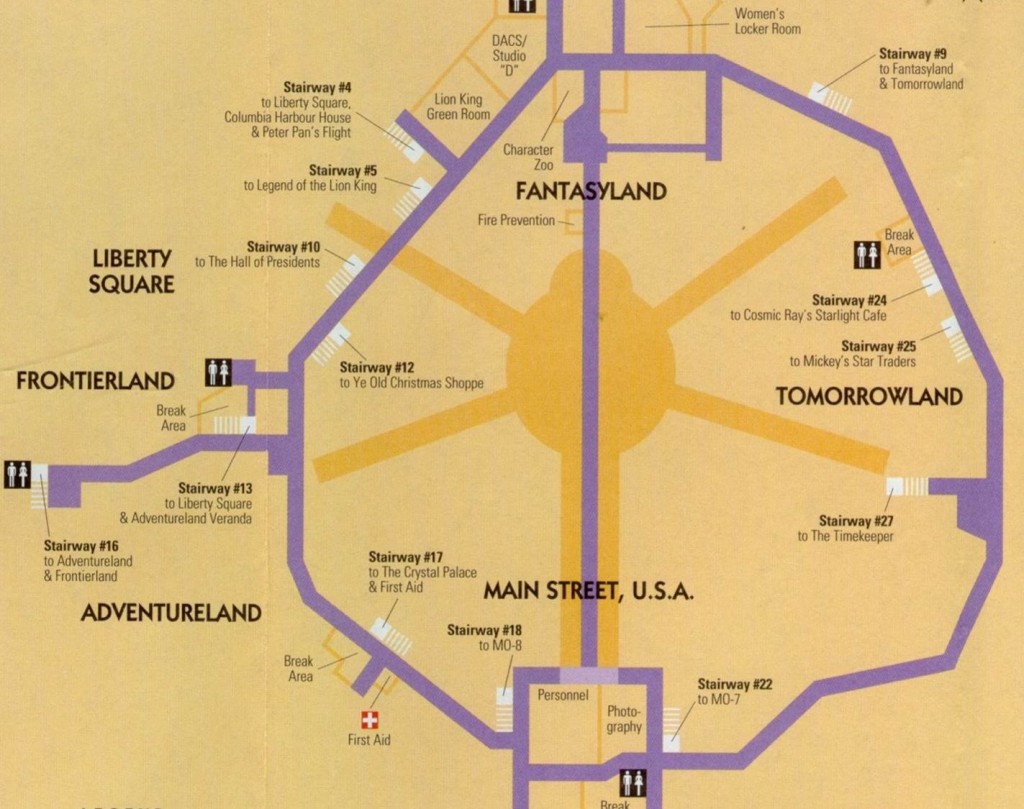 Henry Ford is alleged to have said, “If I had asked people what they wanted, they would have said faster horses.”(1) This repeated like a mantra by speakers at tech and legal conferences around the world. The audiences smile and nod knowingly at this pearl of wisdom from the great industrialist Henry Ford. The man who invented the automobile! And the assembly line! (2) Of course they do. It plays right into their self-created delusion that a near homogenous group of young, western, upper-middle class males knows exactly what the technology needs are for the rest of the world. “….you can have any solution you want as long as it involves technology.”
Henry Ford is alleged to have said, “If I had asked people what they wanted, they would have said faster horses.”(1) This repeated like a mantra by speakers at tech and legal conferences around the world. The audiences smile and nod knowingly at this pearl of wisdom from the great industrialist Henry Ford. The man who invented the automobile! And the assembly line! (2) Of course they do. It plays right into their self-created delusion that a near homogenous group of young, western, upper-middle class males knows exactly what the technology needs are for the rest of the world. “….you can have any solution you want as long as it involves technology.”
As an aside, given the effects on the environment and the fact that most of the armed conflicts that the United States has been involved in for the past decade or so are directly tied to oil, maybe faster horses wouldn’t have been such a bad thing?
That’s kind of a cheap shot. Which doesn’t make it any less true, mind you. It’s just a reaffirmation of my innate pettiness.
Anyway…where was I? Oh right. Now, I go to a fair amount of technology and legal conferences. Besides my sex, gender and geographic location, I differ from my fellow attendees and speakers in another major way: I’m not trying to sell anything.(3) As an open source and open information evangelist, I have no products to sell.
All I have is an idea. A concept. A dream.
The only thing that comes close to a product is my audience itself. I have to convince them that they are worthy and that they do have something to contribute. And that by working together, we can create a wider array of tools and resources than we ever dreamed possible. Of course, after a hundred and some years of industrialist bullshit like that Henry Ford quote being spewed at us, we all seem to have absorbed the idea that these Masters of the Universe actually do know what we need and that their products are the best. Cough Rudovsky Cough
Then, assuming I can get people to join and contribute to a project, I have to convince people to use it. Unfortunately, there’s a stubborn attitude that the monetary cost of an item is somehow directly correlated to its quality.
I’m getting ahead of myself.
Over the past few years, I’ve struggled with what to call what it is I do, exactly. I’ve currently settled on saying that I am in what you could call “The Idea Business.” I know this brings visions of people that un-ironically describe themselves as “thought leaders” or “trend spotters”, but I mean something a little more…well, a little more primal.
Anthropology – my undergraduate degree, btw – is the study of all aspects of humanity. While cultural anthropology and even archaeology seem mainly like educated guesswork to outsiders, there are some objective measures. My scientific mind was comforted by the idea dropped on us on the first day of Cultural Anthropology 202: “The unit of measurement of a culture is an idea.”
These ideas can be big or small, from what you think happens to you after you die, to how to make a flint knapped knife to how you organize your legal system. Visual art, music, literature, law, design…the variety is infinite. All of us, to some level, are in the idea business and chances are if you are reading this, you are probably either a librarian, academic or lawyer, so you knee-deep in the hoopla.
While ideas are the main unit, they can be broken down into three subsets: Data, Information and Knowledge. My definitions of these are this:
- Data is raw information. Unprocessed facts. Law, when created by a court, legislature or agency, etc., is data.
- Information is data put into context. So, take your law and put it in chronological order as one would with a book of statutes. Bam! You got information. Metadata (data about data) is information.
- Knowledge is applied information. Data and information are useful, but knowledge is where it’s at, son. As those of us in the legal research world know having a chronological listing of legal cases is technically possible to use for research…assuming you have an infinite amount of time and resources to read through them all and remember how they interact with each other. But really, you need someone to have gone through them all and provide annotations and make those connections for you.
Data is everywhere. Information and knowledge? Not so much. Mainly because until recently information and knowledge creation were very high-touch processes. This is all changing with the increasing capabilities of technology. Example: in the bad old days, if you were doing discovery in a case, you had paralegals and junior associates going through a semi-trailer full of documents. They would sort the materials into piles of useful and not useful.
Now, this can all be done via predictive-coding and algorithms. The same can be said for sorting through a pile of court cases to find the ones related to each other and relevant to your query. Who needs a handcrafted and assigned taxonomy when you have full text search?
But I’m getting ahead of myself. Again. Because the data/information/knowledge breakdown is just the beginning. Each of these can be broken down further into the Three Cs: Content, Container and Conveyance. And each of those are very important to consider when you are going to try and do something with your idea.
And here’s how I define these…
- Content: This is the data/information/knowledge thing I talked about earlier. Just the actual idea.
- Container: How the content is packaged. Is it a book? An article? A video or song? A color. Print or electronic?
- Conveyance: How the content is delivered. Is it via library or a pay service like Amazon? The internet?
This whole thing can be a little confusing and I’m admit I’m still working the bugs out of the explanations. And even the categorizations. I like to think of it all in terms of DisneyWorld.
If you’ve never been to DisneyWorld, first of all, I feel bad for you. Secondly, DisneyWorld is divided up into different lands. FantasyLand, Land of Tomorrow, AdventureLand, etc. In my academic discipline – law – I see analogous groups.
There’s the academe, the Suskind-ites, the Main Street practicing bar, the legal aid world, the government, the judiciary, etc. It’s a common trope that these worlds don’t really interact much except to complain that the other aren’t “real lawyers” or “know what they’re talking about.” But that’s not entirely true. From the public defender to the whitest white shoe firm partner, they are constantly interacting through the exchange – creation and consumption – of ideas. It looks like this:
One of the hidden secrets of DisneyWorld is the underground tunnel system. See, there’s a reason you never see Mickey catching a smoke break or the princesses rubbing their feet after spending the day in glass slippers. They have tunnels that go everywhere so that the perfection of the Magic Kingdom is not ruined by reality.
In law, for the majority of modern times, the tunnel system was libraries, either firm or public access ones and information was delivered via print. The idea that one would actually individually own or purchase this knowledge was beyond the realm of reality, mainly due to the high cost of a useable collection. But this is true of types of ideas to some extent. Libraries of information were rare and precious things. Think about it: there’s a reason that one of the first things conquering armies do is burn libraries and retreating armies do is burn records.
Now we have the Internet and information is distributed directly to consumers in much more accessible and affordable ways. Sure, as mediators in the age of disintermediation this puts libraries in a tough spot, but things change and I’m never going to suggest that progress be held back just because it may damage libraries’ business. Besides, there’s still a ton of stuff for libraries to do, but I digress…
Now let me tell you why, even with the increased surface access to information, there’s little joy in this version of the Happiest Place on Earth. Not to put too fine a point on it, but the system is fucked.
Here’s the thing, access to information is a human right. Even if this wasn’t something that I just believed at the core of my soul, the United Nations happens to agree with me. People throw around the sentence “Information wants to be free.” But I’m telling you, in the word of the Lee Resolution, that information IS, and of right ought to be, free and independent from encumbrances of its exchange. Unfortunately, the changes in technology and cultural acceptance thereof are putting humanity in danger of pre-Gutenberg levels of information access.
But Sarah! There’s the Internet! And smartphones! And I can be sitting on the can and access both! What are you talking about?
There was a reason I dragged you through the “Content, Container and Conveyance” discussion, and not because I am pretty smug about coming up with an alliterative descriptor for those concepts. All of these are under attack and these attacks are making ideas more and more closed off and out of access. Copyright protections are extended way beyond original contemplations. (A move lead in part by Disney lawyers, which is funny when you realize that most of Disney’s early success was based on adaptations of public domain fairy tales.) Publisher treat digital materials differently and the right of first sale or even possibility of truly owning the information is lost. And libraries, traditionally the failsafe of information access and preservation, are getting cut out of the equation. But the list goes on and on.
You may be thinking, “Who cares? Isn’t this, the Information Age, proving that ideas are just another commodity to be trafficked?” Well, yes, the billion dollar revenues of the movie industry, information vendors like Reuters, Elsevier and Bloomberg and, the rise of companies like Google and even Facebook have proved that.
But when we go back to my original thesis, that ideas are units of culture, the question becomes much more interesting. These companies are not just trading on information, they are making millions on the culture of people. I’m not such a socialist that I think all ideas should be free – there is a balance to be found where the right to access cultural units is weighed against the rights of content creators or distributors to earn money from their work..
Often, though, they are being paid for it, not just once, but several times over. Or, alternatively, a person or institution pays several times over for the same idea.
Take, for instance faculty scholarship. A professor receives a salary from university for the duties of teaching, university service and scholarship. They then sometimes receive a grant from the university to perform research over the summer. This ultimately results in an article. Then other faculty review it and it’s published. The library then generally purchases the article or access to it several times – print journal subscriptions, a few databases for access, and the cataloging thereof.
So what’s the solution besides violent revolutions where we storm the offices of Big Information? Drop a pin in that because I’m not entirely discounting the possibility, but mainly I see the solutions in Open Source containers and Open Access Content. The monetary cost is the small part…the real benefit is the ability to re-use, remix and maintain permanent access to the ideas. Of course, that requires buy-in from the creators and consumers. Which is where we started this blog post 2000 words ago.
- And actually, it turns out he may not have said it…. http://blogs.hbr.org/2011/08/henry-ford-never-said-the-fast/
- Yeah…he didn’t do that either. http://en.wikipedia.org/wiki/Henry_Ford
- Of course, depending on who’s paying my freight, I may talk up a project that my employer is currently undertaking, but even then at least all or part of it is open and free for anyone to use.
- http://www.jasnwilsn.com/2011/03/30/on-editing-updating-standards/
Model T Lego Photo Credit: legoalbert via Compfight cc Shakespeare picture via http://www.marriedtothesea.com/ All others by me from my various presentations this summer.







[…] catch you up from my earlier post, the unit of measurement for any culture or society is an idea. I break ideas down into three […]
[…] about open content and containers. I never fully transcribed it, but the gist of it can be found in this post. (password: Disney) (it’s a long story why its password […]